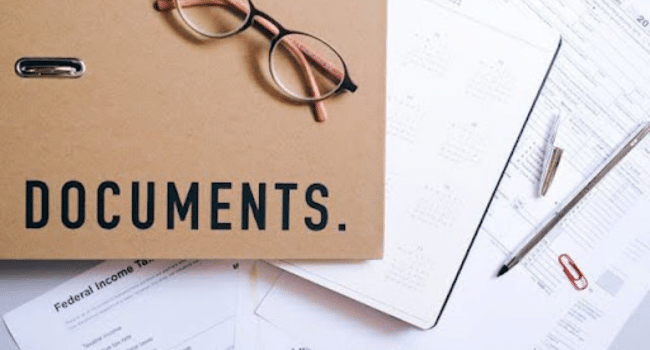Table of Contents
Tax season can be a stressful time for many individuals and organizations. People sometimes feel confused and overwhelmed by the many tax laws and regulations, leaving them unsure of what they need to do. Yet, if you have a firm grasp of the fundamentals and adopt a calculated strategy, completing the tax filing procedure can be much easier.
-
Understanding Tax Obligations
Taxes are essentially financial payments imposed by governments on individuals and corporations to fund public spending. These costs can include infrastructure, social services, national security, and other expenses. Generally, businesses pay taxes on their earnings, while individuals pay taxes on their income. Understanding your tax responsibilities is essential to guaranteeing adherence and preventing possible fines or legal complications. It’s critical to understand the many taxes to which you can be liable, including payroll, sales, property, and income taxes.
-
Navigating Tax Laws and Regulations
Due to their complexity and frequent changes, staying up to speed with tax rules and regulations can be difficult for individuals and organizations. However, using tax preparation software or speaking with an experienced tax professional can simplify the procedure and ensure accuracy. Knowing about the various credits, exemptions, and deductions that are available to you can also help you reduce your tax liability. Nonetheless, it’s critical to uphold ethical tax rules and refrain from indulging in dishonest business practices or tax avoidance.
-
Utilizing Experienced Services
Financial challenges or unexpected events can often make it difficult for people and corporations to fulfill their tax responsibilities. Tax relief services can help in these situations by assisting in negotiations with tax authorities to create reasonable payment plans or lower tax obligations through compromises or settlements. These services can be very helpful for people with massive tax debt or financially struggling businesses.
-
Maximizing Tax Efficiency
Optimizing tax efficiency and reducing liabilities need effective tax planning. To maximize tax results, this entails managing income, spending, assets, and deductions strategically. For individuals, this could entail making contributions to retirement accounts, exploiting tax benefits associated with schooling, and investing in tax-advantaged vehicles. Companies might investigate several tactics, including arranging transactions to reduce tax consequences, making use of existing tax credits and incentives, and putting in place employee benefit plans.
-
Maintaining Accurate Records
Upholding precise and well-organized financial documentation is essential for guaranteeing adherence to tax regulations and streamlining the process of submitting taxes. Throughout the year, maintain thorough records of all pertinent financial activities, including income, expenses, and deductions. This streamlines the process of preparing taxes and offers documentation for tax authorities’ inquiries or audits. Accuracy and efficiency in record-keeping can be ensured by employing professional bookkeeping services or accounting software.
-
Seeking Professional Guidance
Seeking professional help can offer useful insights and skills, even though many individuals and businesses can choose to handle the tax filing process independently. Experts in tax rules and regulations, such as enrolled agents and certified public accountants (CPAs), have a specific understanding of this area. In addition to representing clients in interactions with tax authorities, they can diagnose possible tax-saving opportunities and provide tailored advice. In the long run, paying for expert tax services can reduce mistakes, save time, and improve tax outcomes.
-
Staying Informed and Adaptive
The tax system is always changing as a result of new laws, rules, and economic situations that have an impact on tax laws and procedures. Effective tax management requires being aware of changes in tax legislation and being flexible enough to adjust as needed. To keep up with changes that could affect your tax situation, follow credible sources of tax news and updates regularly, go to tax-related seminars or workshops, and see tax experts. Being proactive and knowledgeable will allow you to confidently handle the tax filing process and adjust your tax strategy as necessary.
Conclusion
Taxes can seem complicated, but by knowing the basics, keeping educated, and getting professional advice, you can help make sense of the process and reduce the stress that comes with having to pay taxes. Both individuals and corporations can efficiently handle their tax affairs and maximize their financial results by taking a strategic approach, making use of the resources at their disposal, and according to tax regulations. Proactive planning and well-informed decision-making are essential for success while navigating the complicated world of taxes, regardless of whether you’re filing for the first time or looking to increase your tax efficiency.
Image Source – Pexels
Read more on KulFiy
Spring 2021 Budget And Autumn Statement 2022: How to Maximise Ongoing Government Tax Support
Calendar for Freelancer Tax Planning: Important Occasions and Due Dates to Note
